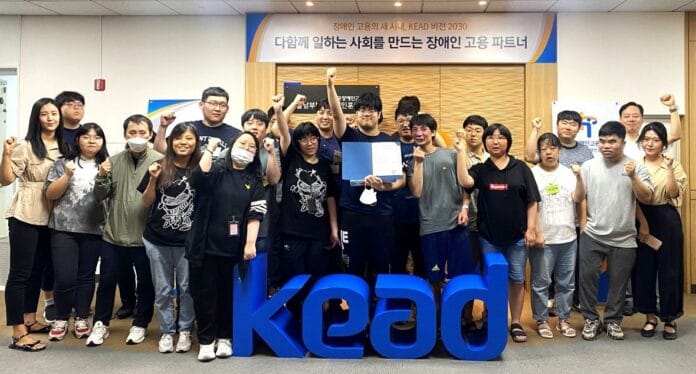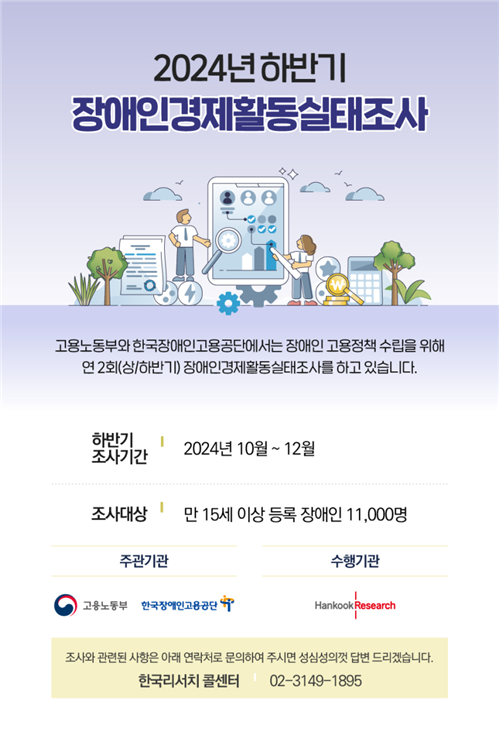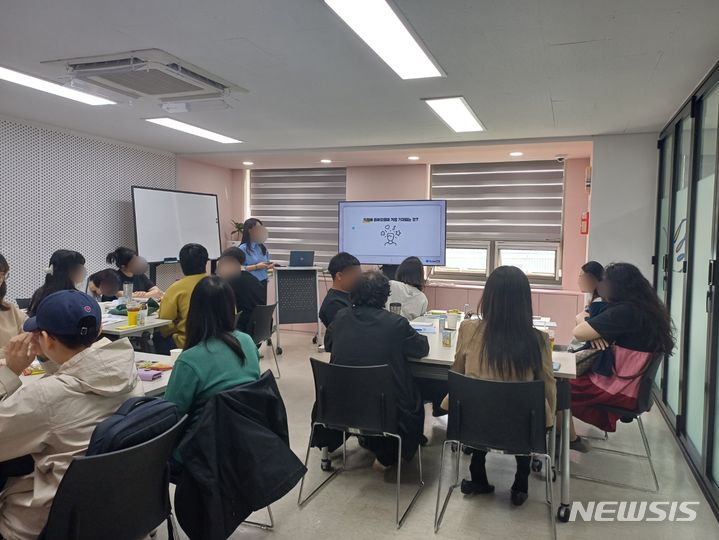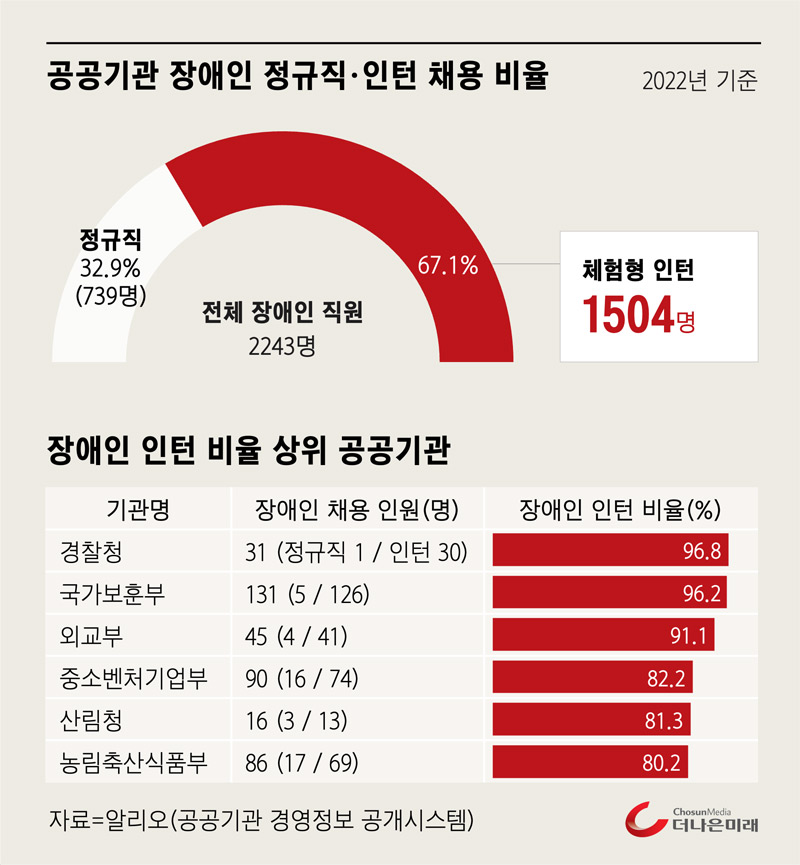Korea Employment Agency for the Disabled announces the results of the ‘2024 Work-Life Survey for People with Developmental Disabilities’
[The Indigo]More than half of people with developmental disabilities want to get a job, and most of the employed want to continue working.
The Employment Development Institute of the Korea Employment Agency for the Disabled (hereinafter referred to as the Employment Agency) announced the results of the ‘2024 Work-Life Survey for People with Developmental Disabilities’ on the 7th.
This survey is a nationally approved statistic for people with intellectual and autistic disabilities, and has been conducted every year since 2020. In particular, this survey targeted 3,000 households with developmental disabilities and their guardians to increase accessibility to the survey by using ‘easy-to-read questionnaires’ and ‘pictorial symbol questionnaires’.
According to the survey results, as of June 2024, about 68,000 people with developmental disabilities were employed, accounting for 30.5% of the total. The types of workplaces are ▲ general private companies such as standard workplaces for the disabled (53.6 percent) and ▲ vocational rehabilitation facilities for the disabled (22.6 percent).
The necessary support items cited by the employed workers were ▲ assignment of work according to their abilities (81.5 percent) ▲ adjustment of work hours (74.4 percent) ▲ provision of help from others (72.8 percent). Among the employed respondents, 95.7 percent of the respondents wanted to continue working, while 99.1 percent of the guardians were very high.
On the other hand, 32.6 percent of the unemployed caregivers of developmentally disabled people wanted their children to get a job, and more than half (50.7 percent, about 41,000 people) said they wanted to get a job. In particular, 45.5 percent of them said, “I want to work from tomorrow,” showing their willingness to actively look for a job.
In this reality, 69.9 percent of the workers and their guardians answered that they need employment services to maintain their jobs or to find a job in the future. The services requested were ▲ provision of job information (35.5 percent) ▲ job search and information provision (33.1 percent) ▲ vocational skills education (32.9 percent) ▲ daily life and social adaptation training (32.4 percent).
*Please note this is a Korean article
Source: The Indigo




